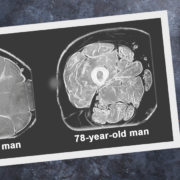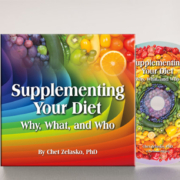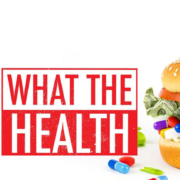The Bottom Line on Meatless Burgers
There are a couple more differences between the meatless burgers and beef burgers. To get the red color, the Impossible Burger uses soy leghemoglobin from the roots of soy plants, while the Beyond Burger uses beet juice. Both are vegan and give the burgers their red color. The Impossible Burger also adds some B vitamins and minerals. The Beyond Burger seems to add only some iron.
Are the meatless burgers healthy or not? From a strict look at fat content, no. Cholesterol level, yes. Sodium content, no, depending on how much salt you add to your beef burger; if you add more than one-sixth teaspoon of salt to your burger, you’ve lost that advantage. In effect, they’re very comparable to 80-20 burgers you would cook.
The real difference is that the meatless burgers are sourced from vegetable protein. Even that may strike up a debate because one uses soy protein while the other uses pea protein. Some people try to avoid soy, although there’s no real reason for it with the exception of being allergic to soy. (Check The Bottom Line on Soy Protein in the Store).
The other difference is that they both have carbohydrates and fiber because they’re sourced from plants. While there’s not a lot of fiber, that’s an advantage over beef.
The critical factor is how the burgers are prepared and presented. The final fat count will depend on how long the burgers are cooked: the longer any burger cooks, the more fat it loses to the grill. The presentation also matters. Buns, mayonnaise, cheese (for vegetarians who eat dairy), ketchup, and other condiments can take a 250 calorie burger and explode it to 700 calories or more.
There’s no information available about the environmental effects of meatless burgers, but usually vegan foods are environmentally friendlier than animal products even with the shipping and processing necessary for faux foods.
Beyond Patties
You can find Beyond Meat burger patties in some grocery stores in addition to their brand of plant-based bratwurst sausage, Italian sausage, and meat crumbles. Would your chili or meatloaf taste different with faux beef? We’ve tried cooking with other brands of vegan “beef” and noticed only a lack of fat, although if we use beef, we usually rinse it after browning it to remove most of the fat. The lower cholesterol in the meatless beef would be a big nutritional plus, but of course all this scientifically created food comes at a price: expect to pay two or three times as much as for plain old ground beef.
The Bottom Line
On paper, the meatless burgers could potentially be healthier than beef burgers. Whether they’re healthy or not is a different story. I haven’t seen research on how the meatless burgers respond to flames and whether they may produce undesirable chemicals. On top of that, the presentation mentioned earlier also matters.
Most likely whether they’re successful or not depends on the taste. I haven’t tasted either yet but I’ve planned a tasting barbecue soon, and I’ll let you know what I find out. Until then, it’s beef burgers for me. It would be exciting to have a plant-based burger that meets the taste test. Let me know how you feel if you try them.
What are you prepared to do today?









 AllOfUsImage
AllOfUsImage